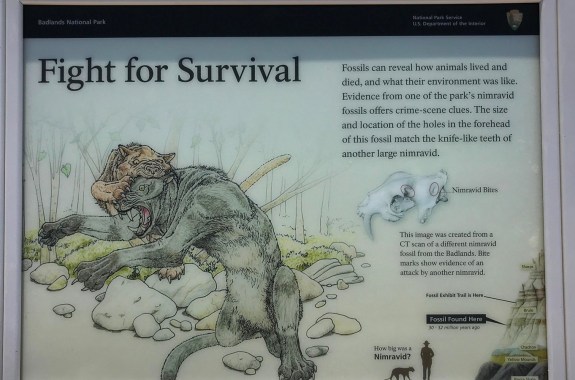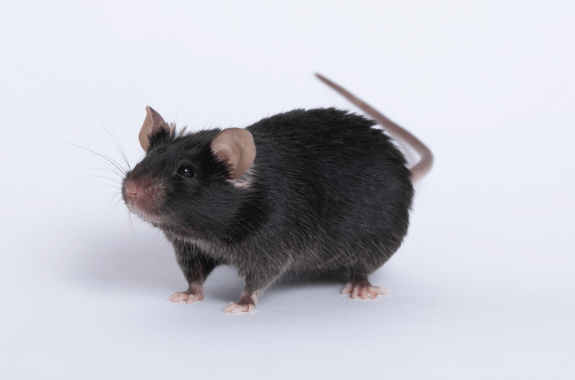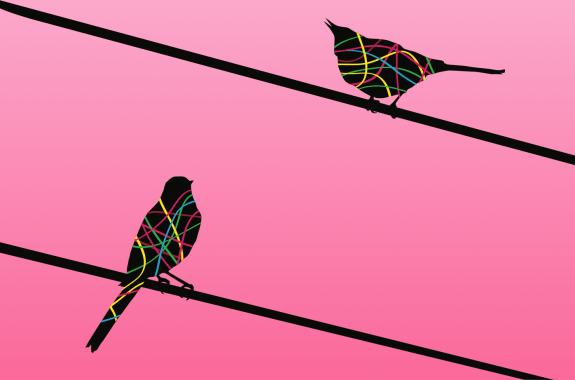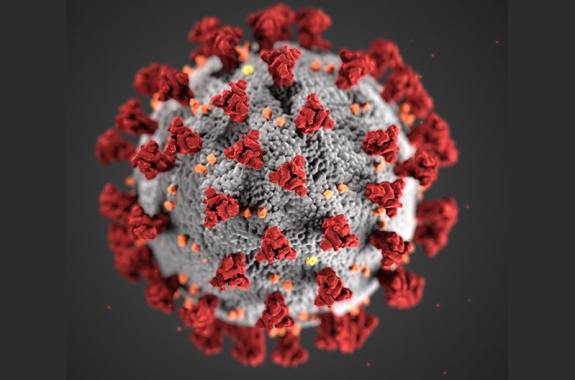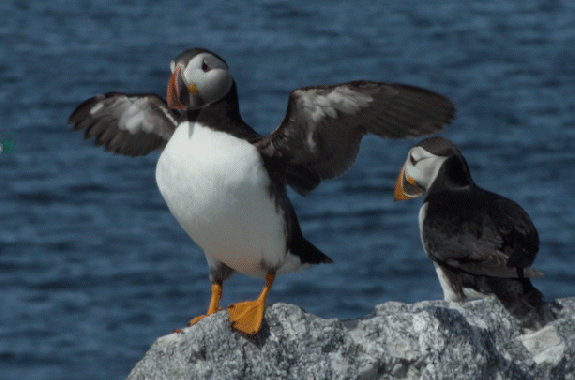John works with the radio team to create our weekly show, and is helping to build our State of Science Reporting Network. He’s also been a long-time guest host on Science Friday.
He and his wife have three cats, thousands of bees, and a yoga studio in the sleepy Northwest hills of Connecticut.
John likes building radio collaborations. He helped bring together 18 stations across the Northeast to cover environmental issues, which eventually led to the New England News Collaborative, worked with NPR on their Collaborative Coverage Project, and with the national talk program America Amplified.
For 25 years, John oversaw news programming at WNPR, where he started the daily talk show, Where We Live. He’s also produced award-winning long-form documentaries on mental health and care for the elderly, and hundreds of short stories for NPR and public radio stations, including one about virtual reality in dentistry that’s actually pretty embarrassing to listen to now.
You can also see him doing live events for The Connecticut Mirror, The Connecticut Forum, and The International Festival of Arts & Ideas.
John grew up in Pittsburgh, and is as big a Mr. Rogers fan as you’ll find anywhere.
7:50
Why Did Ancient Ferocious Cat-Like Creatures Go Extinct?
A combination of factors led to a period known as the “Cat Gap,” a stretch of 6.5 million years where there were no cats or cat-like animals living in North America.
9:36
Why Are Mice The Most Frequently Used Lab Animal?
Despite mice’s genetic similarity to humans, treatments that work in mice often don’t work in humans.
7:50
The Science Behind ‘Power Of The Dog’
A leading contender for an Oscar for Best Picture has a somewhat hidden science theme.
9:26
Blast Off To The Red Planet With The Spring Book Club
A planetary scientist explores the history of Mars in her book, “The Sirens of Mars.”
2:23
The World According To Sound: How Do Songbirds Sing Two Notes At Once?
Listen to the many non-vocal sounds that birds use to communicate.
2:00
The World According To Sound: Listening To Black Holes Collide
Some black holes sound like a wobbling top, while others rumble in low bass tones. Listen to them yourself, thanks to MIT professor Scott Hughes.
11:48
A Spike In Winter COVID Cases Begins
Plus, scientists discover a new species of millipede that actually lives up to its name.
10:19
Black Protestant Clergy Are Effectively Encouraging Vaccines
In historically Black Protestant churches, regular attendees are much more likely to be vaccinated than those who come infrequently.
6:34
What Is Causing Maine’s Puffins To Physically Shrink?
Centuries of see-sawing growth and decline now has a new factor: climate change.
11:57
Big Trees, Big Benefits
The largest one percent of trees play an outsized role in forest ecosystems.
